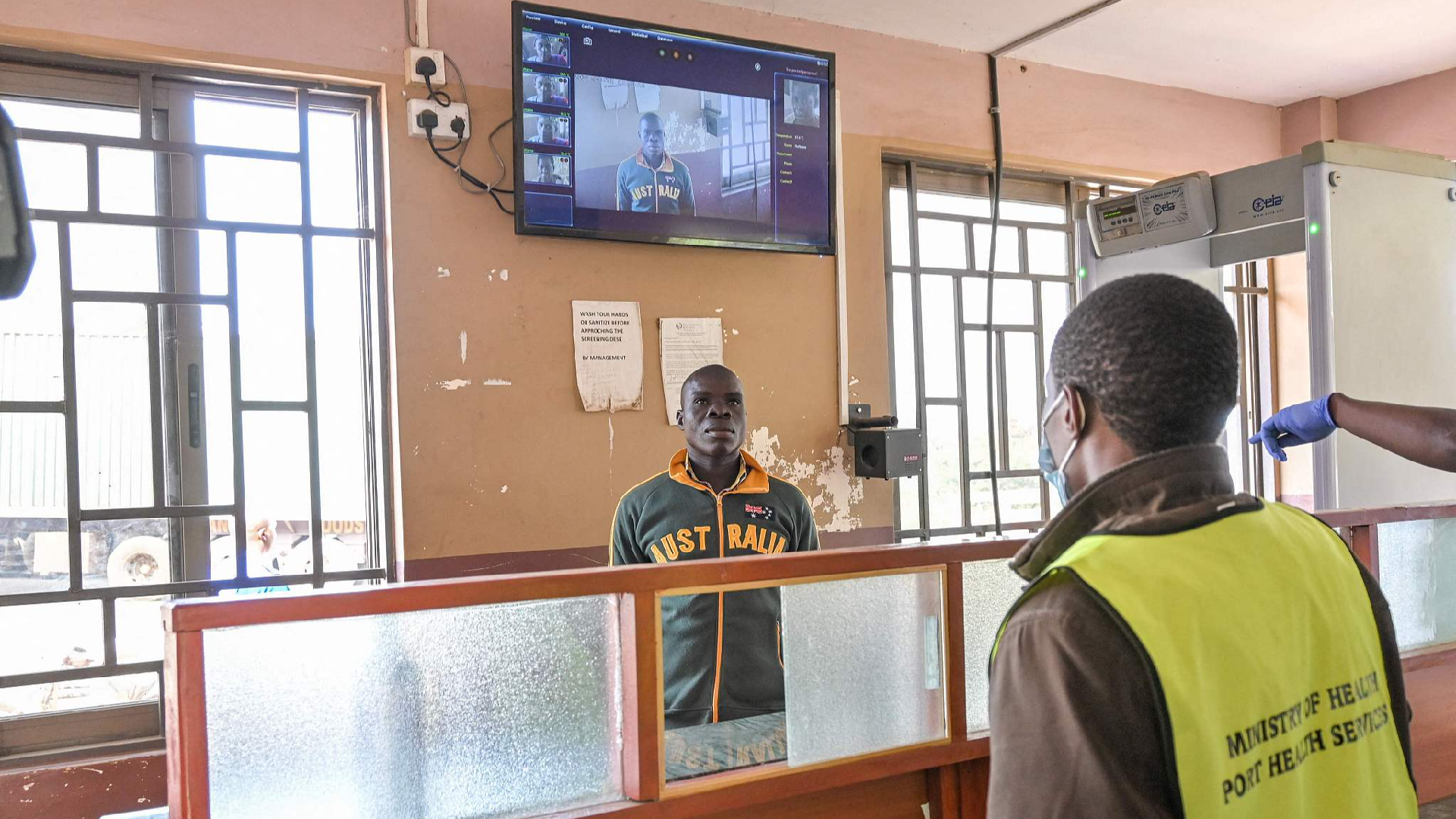Kenya reports second mpox case amid increased alertness
Kenya has reported its second case of mpox as authorities increase their vigilance in response to the outbreak. The confirmation adds to concerns and highlights the need for continued monitoring and preventive measures in the region.

Deborah Barasa, the Cabinet Secretary for the Ministry of Health, confirmed that a long-distance truck driver, who had traveled to the Democratic Republic of the Congo (DRC), a hotspot for the disease, was identified as the new case.
Barasa reported that the detection was made during standard health checks at the Malaba border crossing, which serves as a junction between Kenya and Uganda.
"The patient has been isolated and is under active management in one of the health facilities in the area," said Barasa in a press release from Nairobi.
She also noted that, following the identification of Kenya's first case of mpox on July 31, 28 individuals who had contact with the patient completed a 21-day observation period, showed no symptoms, and have since been released from monitoring.
Barasa mentioned that, to date, 42 individuals have been tested for the mpox virus, with 40 results returning negative. Additionally, screenings have been conducted for 426,438 travelers at various entry points throughout the nation.
"All health facilities are adequately staffed and well equipped to diagnose and manage the disease and therefore its identification should not be a cause for alarm," Barasa assured the public. She emphasized that surveillance for potential cases has been increased in the affected area and across all counties.
Barasa also recommended that all citizens practice regular hand washing, maintain good hygiene, avoid close contact with people who show signs of mpox, and refrain from sharing personal items such as towels, utensils, and clothing to help prevent the disease from spreading further.
Ian Smith for TROIB News












